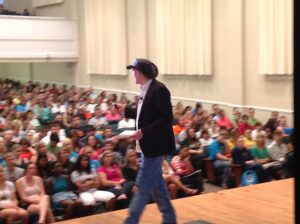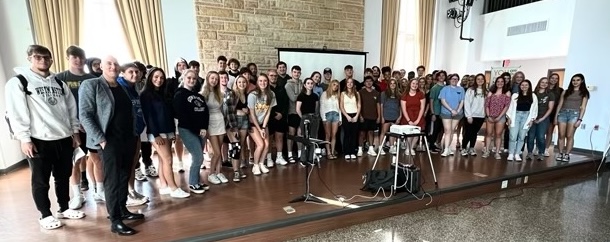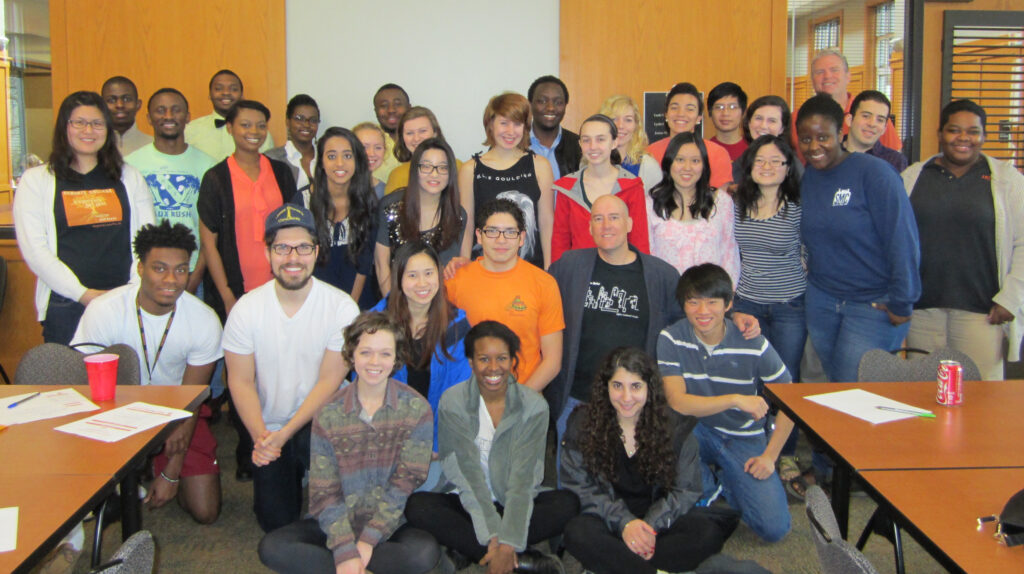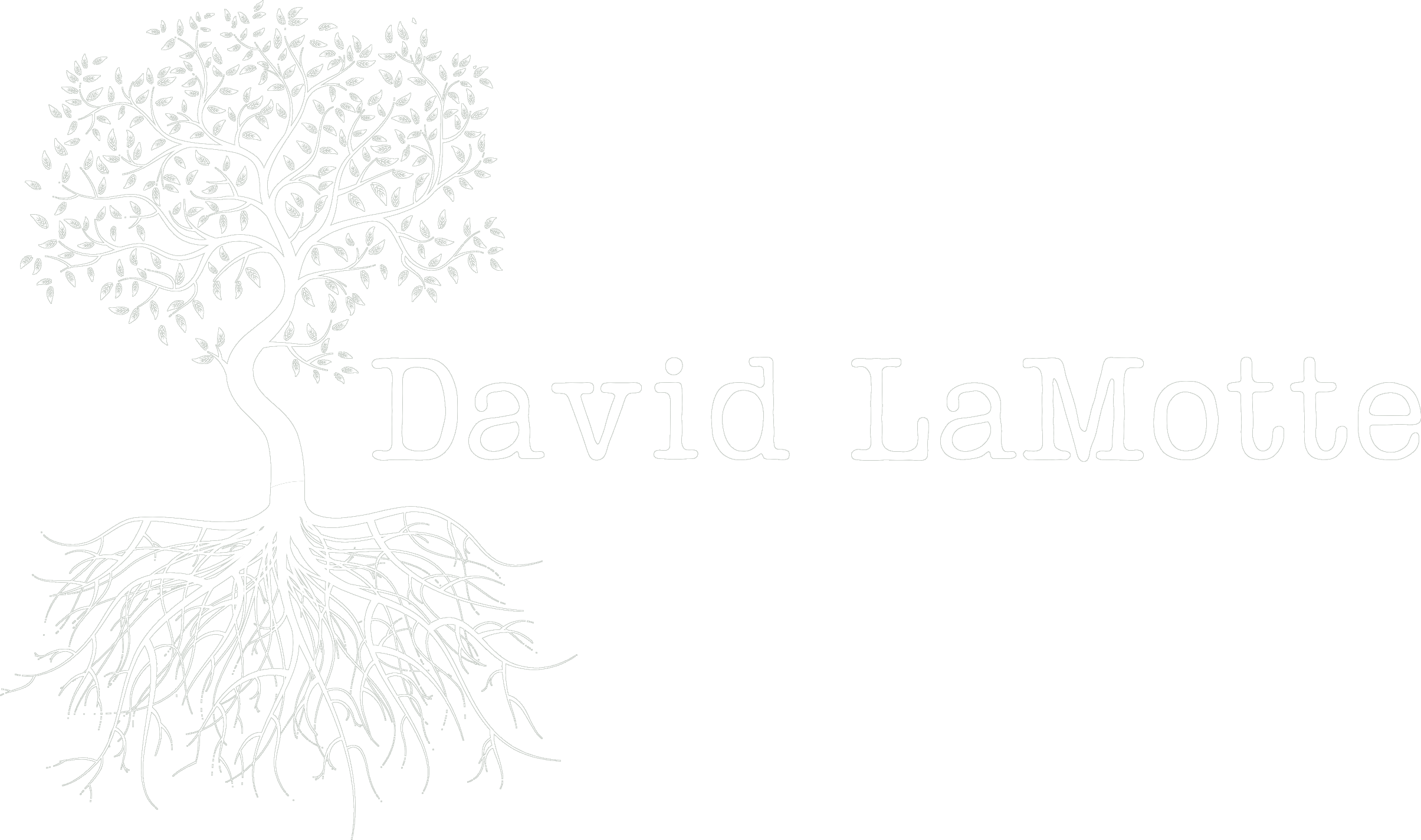David LaMotte is the real deal, someone who truly can change the thoughts, lives, and futures of students, faculty, and staff on our college and university campuses across the nation. Two years after his convocation here, I still hear students talking about his presentation and how relevant it was to their lives.
— Mindy Maddux, Asst. Dean, Drury University, Springfield, MO
The power of the right idea, the right poem, or the right song at the right moment is hard to overstate. We understand who we are through story. The stories we have internalized and claimed, consciously or unconsciously, influence our daily decisions and our larger choices. They can put corners on our life trajectories— a change to our understanding can send our lives in an entirely different direction.
life trajectories— a change to our understanding can send our lives in an entirely different direction.
David LaMotte has connected with college students at campuses across the country, giving lectures and concerts, leading workshops, and spending time in classrooms, theaters, and in informal conversation over meals and in hallways. Over an over again, he has made that kind of difference.
David LaMotte is the real deal, someone who truly can change the thoughts, lives, and futures of students, faculty, and staff on our college and university campuses across the nation. Two years after his convocation here, I still hear students talking about his presentation and how relevant it was to their lives.
— Mindy Maddux, Asst. Dean, Drury University, Springfield, MO
LaMotte has presented lectures and workshops at events at the Scottish Parliament, the PC(USA) Mission to the United Nations, and colleges and conferences in India, Germany, Australia, and across the United States. LaMotte is a concert artist with 13 albums and 3000+ concerts on five continents to his credit. Two professors at Westminster College in New Wilmington, Pennsylvania have built an entire course around his most recent book, You Are Changing the World Whether You Like It Or Not, taught for the first time in the spring of 2024. Gannon University purchased 700 copies in order to present one to each incoming first-year student in the 2025-2026 school year, as the year’s selection for their Campus Read program. The book has been used as a textbook at many other universities in the United States and Australia.
David holds a master’s degree in International Studies, Peace and Conflict Resolution from the University of Queensland in Brisbane, Australia, where he attended as a Rotary Peace Fellow. He is also the former Clerk of the AFSC Nobel Peace Prize Nominating Committee , and the co-founder of Senderos, a non-profit supporting Guatemalan community leaders on education, arts, and mentoring projects.

His most recent book looks at the downside of Hero Narratives — when one person’s dramatic action in a moment of crisis is held up as the key to large social change. This common presentation of history neglects the centrality of movements — many people making small efforts in the same direction. Hero stories, though intended to inspire, often have the opposite effect because we can’t imagine ourselves doing what heroes do.
Through historical examples and personal stories, he makes the case that movements, rather than heroes, drive large-scale change and that all of us can bring our gifts to movement work. His message is both hopeful and grounded, and helps students understand how to have meaningful positive impact on the world around them, and how to discern what is theirs to do and what is not.
LaMotte’s professional experience and life experience allow him to meaningfully intersect with many sectors of campus life. In addition to concerts and lectures, David loves to visit classes in subjects from Poetry to Political Science, from Social Justice to Small Business, and from Marketing to Music. As a practicing Quaker and a Presbyterian preacher’s kid (and brother, and grandson), he also enjoys connecting with campus chaplaincy programs, especially in interfaith settings.
David LaMotte is a very good partner in this important work both for our world and for the human soul.
— Richard Rohr, Center for Action and Contemplation

LaMotte also does workshops with college faculty and staff, helping them frame their own work and impact.
If you would like to bring David to your campus, please feel free to get in touch. We can work with you to design what that might look like.
